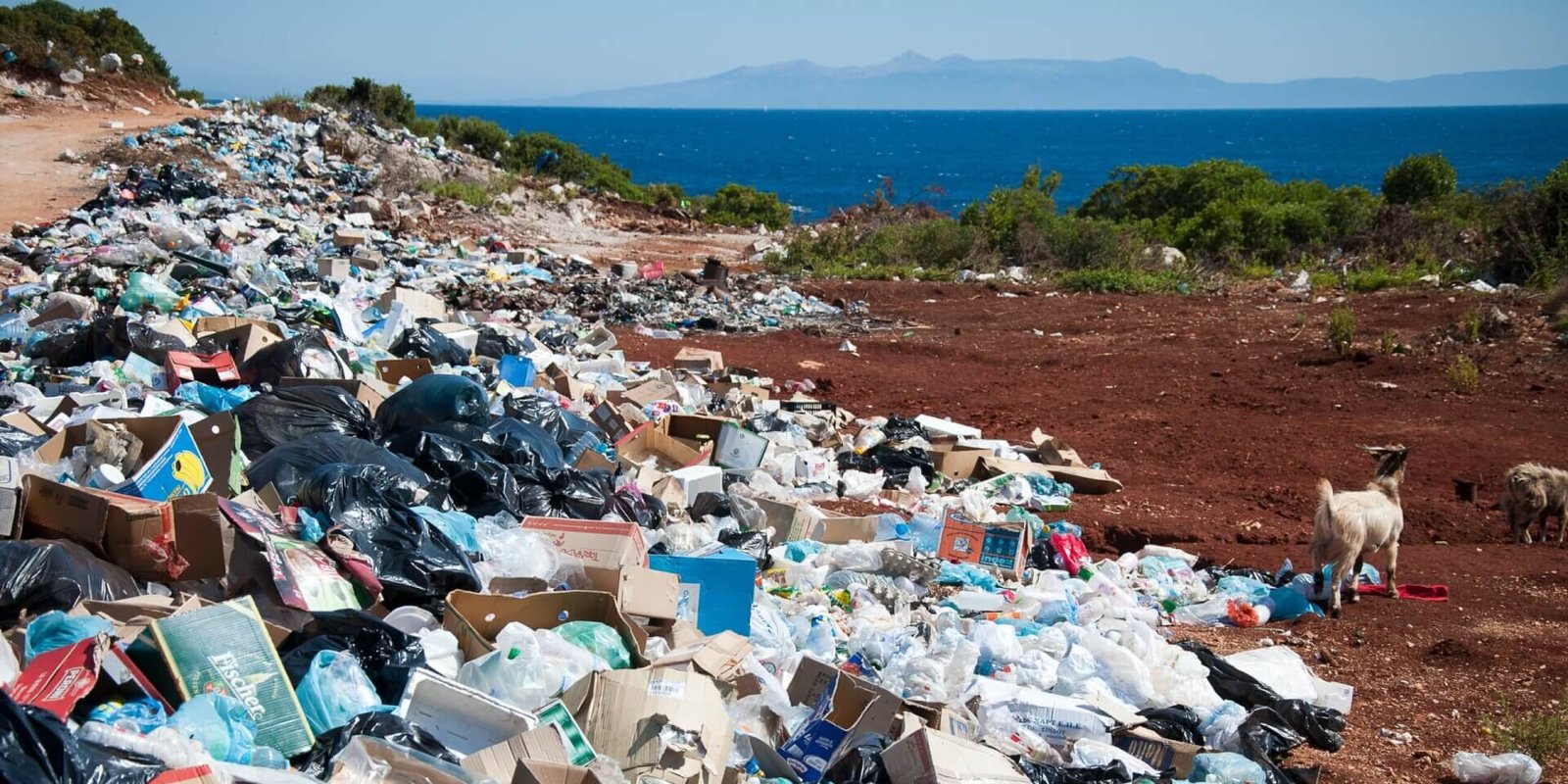Scientists rallied at UNEP headquarters in Nairobi last week to support the ongoing negotiations for a global treaty to eliminate plastic pollution.

Scientists rallied at the United Nations Environment Programme (UNEP) headquarters in Nairobi last week to support the ongoing negotiations for a global treaty to eliminate plastic pollution.
Despite initial optimism following the decision to create a legally binding international agreement in March 2022, progress has been sluggish, and concerns are growing as the deadline approaches.
The latest meeting, the third session of UNEP’s International Negotiating Committee (INC), took place from November 13 to 19. The ‘zero draft’ of the plastics treaty, developed in September, outlined critical issues such as reducing plastic production, managing waste, phasing out single-use plastics, and addressing chemicals of concern. However, instead of narrowing down options, the draft expanded during the recent meeting.
Experts, including Douglas McCauley from the University of California, emphasized the need for a specific, binding, and ambitious treaty. McCauley urged scientists to guide delegates toward a robust agreement with firm commitments, emphasizing the urgency of the situation.
The Scientists’ Coalition for an Effective Plastics Treaty, comprising 250 experts from around 50 nations, advocates for legally binding targets to reduce plastics production. They emphasize prevention and reduction measures over increased recycling, aligning with the zero-waste hierarchy. Concurrently, the High Ambition Coalition to End Plastic Pollution, led by countries like Rwanda and Norway, also calls for binding targets.
A major point of contention revolves around whether the treaty should allow countries to determine their own contributions to pollution-reduction goals or enforce global standards. While some nations, including Saudi Arabia, favor emphasizing waste-management processes like recycling, others push for strict limits on plastic production.
The treaty negotiations face the challenge of incorporating scientific evidence into policy decisions. With over 13,000 chemicals associated with plastics, only 1% are currently regulated through international agreements. The Scientists’ Coalition urges for an annex listing chemicals of concern, subject to future updates.
To support policymakers, an online tool was released ahead of the meeting, allowing them to explore the effects of various targets on waste. The goal is to find realistic paths to zero mismanaged waste, with calls from Greenpeace for a 75% reduction in plastic production from 2019 levels by 2040.
As the deadline for finalizing the treaty in 2024 approaches, scientists stress the importance of a more formal process for integrating science into the negotiations.
They propose the creation of a scientific body, akin to the Intergovernmental Panel on Climate Change, to provide regular updates on scientific evidence, helping adjust targets and chemical concerns based on the latest research. The urgency is clear: a low-ambition treaty could be more detrimental than having no treaty at all, perpetuating the illusion of solving the plastic pollution problem.